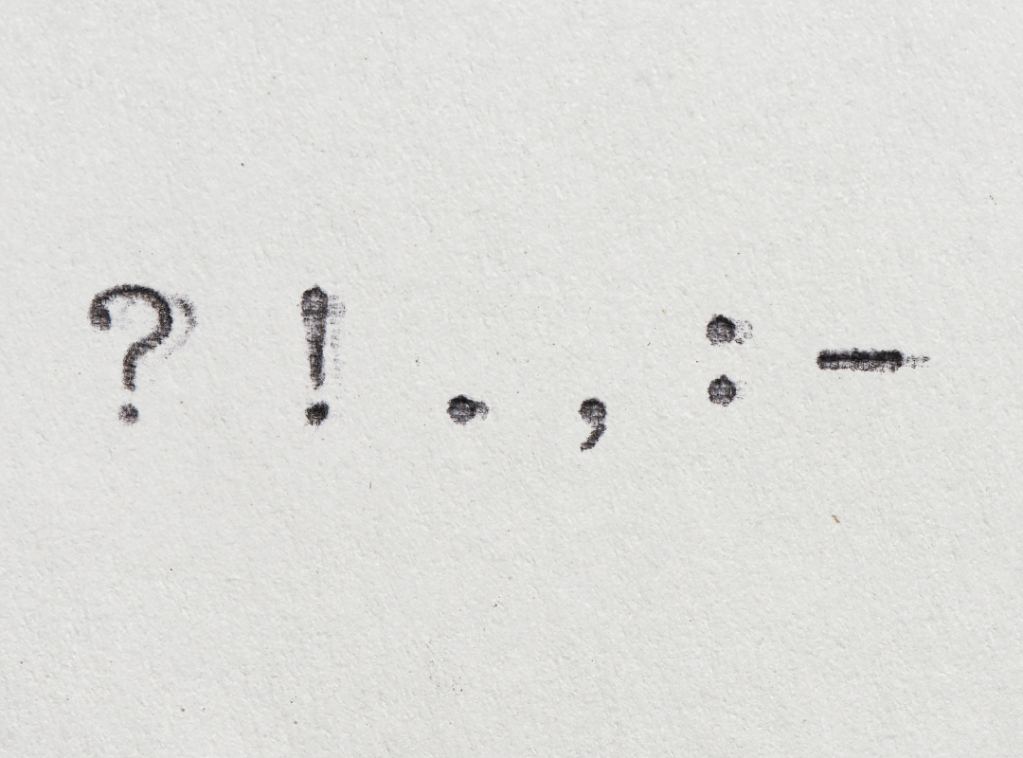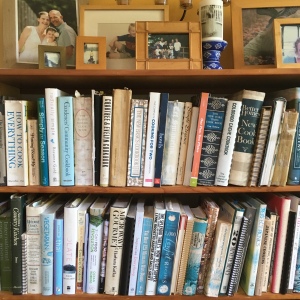I saw a headline that said something about students being prohibited from talking about periods in a certain southern state. I’ll admit that I didn’t read the article, but these days that’s not a requirement for opining. As a long-time writer and editor, I have a lot to say.
Sure, the period is unexciting, but as end punctuation, it’s a real work horse. My fervent hope is that exclamation points are not encouraged in the place of periods. They’ve been over-used for years now, and our communications don’t need any more ejaculations than we’re already seeing. Question marks have also been increasingly popular of late (are Valley Girls done yet?), but they have come to indicate intonation more than inquiry. Girls using excessive question marks are likely to be taken less seriously; that rising inflection at the end of sentences has come to be associated with the females among us as surely as–oh, I don’t know–menstruation.

Periods, exclamation points, question marks: Is there another end punctuation? Is this an assault on complete sentences? Is this part of a movement to migrate all prose to fragments in bullet points? Will novels in the future be “decks”–something we can flip through slide by slide, with a few pithy phrases on each? Will history books be spelled out on Burma Shave signs–without conclusions? Will essays be word clouds, without any structure? Will there be any complete thoughts? I can’t help but suspect a conspiracy.
Maybe we’re not supposed to talk about periods because–sentence fragments and splices aside–periods are really pretty well understood. Maybe this is an effort to refocus precious instructional time onto the topics that really matter. If that’s the case, may I suggest the comma? Depending on the typeface in use, it may look more or less like a spermatazoon, it’s true, which may make some people feel uncomfortable. (It may not be a bad thing if that image causes a little bit of embarrassment when commas promiscuously procreate.)
In the extra time we’re devoting to commas, we can aim to undo the damage done by years of “just put one where you’d take a breath.” The widespread adoption of that “rule” is the best evidence that too much time was spent talking about periods: There must have been hardly any time to talk about commas.
Periods are used at the end of declarative sentences, which are those sentences that “make a statement.” That southern state certainly has.

